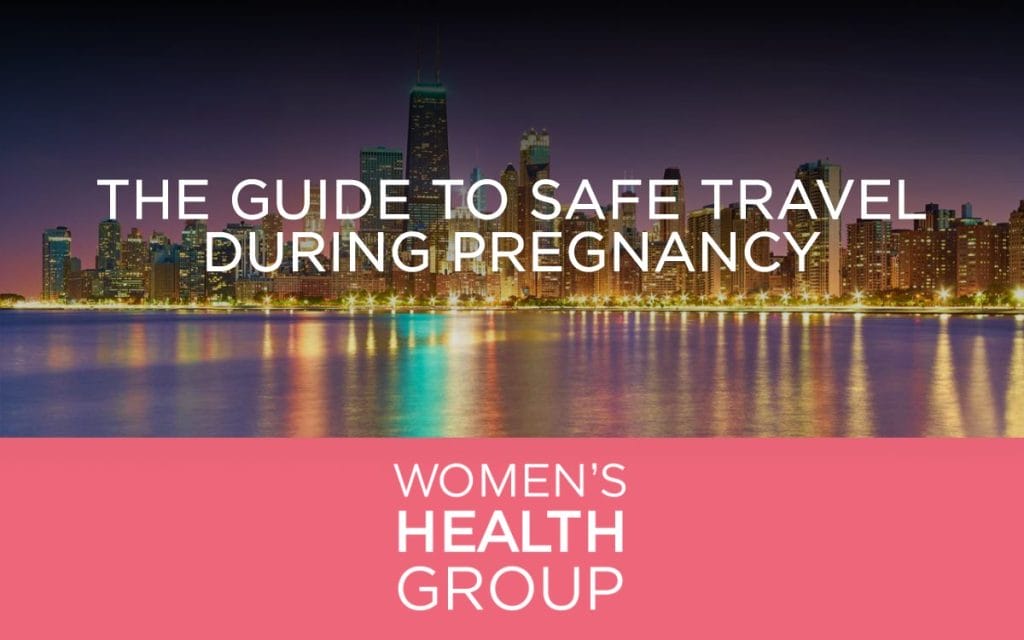Understanding the Dynamics of Traveling While Pregnant
Being pregnant is an exciting time full of changes and novel experiences. However, having a growing baby bump should never restrict your desire to travel, whether it be for work, pleasure, or otherwise. A common question many expectant mothers pose to their gynecologist is, “Is it safe to travel while pregnant?” The answer, more often than not, lies in understanding the dynamics of pregnancy and adhering to a set of safety guidelines, primarily determined by your health and the gestational age of your baby.
The Best Time to Travel During Pregnancy
Interestingly, the gestational age of your baby has a profound effect on your travel decisions. Generally, doctors encourage traveling during the second trimester (between 14 and 28 weeks). At this stage, pregnant women usually are past the discomforts of early pregnancy and not yet into the more tired stages that late pregnancy brings (Source: Mayo Clinic).
Consultation with Your Obstetrician-Gynecologist
Collaborating with your obstetrician-gynecologist is crucial when planning to travel while pregnant. You should inform them of your travel plans and undergo a pre-trip evaluation, reviewing your general health condition and the specifics of the trip like destination, duration, and method of travel. This proactive measure will allow them to discuss potential risks and issues that could arise during your journey.
Travel Considerations for High-Risk Pregnancies
High-risk pregnancies, characterized by complications that may affect the mother, the baby, or both, require a set of unique travel considerations. These pregnancies may be due to maternal health issues such as high blood pressure or gestational diabetes, or baby-related issues like multiple pregnancies that heighten risk factors. In such cases, it is vital to be aware of the nearest medical facilities at your travel destination and make sure that they can cater to your specific medical needs.
Pregnancy-Related Emergency Situations
Traveling while pregnant can also pose a potential risk of emergency situations, such as premature labor or severe pregnancy sickness. To safeguard against such risks, always carry your prenatal medical records and carry the contact information of your healthcare provider. This readily available information can support local doctors in providing you with the most appropriate care in any urgent situation.
Understanding the Transportation Risks
Different modes of transportation pose different risks and offer varying conveniences for pregnant travelers. For instance, when traveling by car, you should make frequent stops to stretch and walk around, reducing the risk of blood clots. Aboard a plane, the key is to stay hydrated and move around the cabin when safe, which is often more possible on longer, less crowded flights.
Managing Dietary Bahaviors
While on your journey, it’s important to stay mindful of your food choices. Pregnant women are advised to carry nutritious snacks and drink ample water to stay well-hydrated. It is also essential to avoid street food or unhygienic local restaurants, reducing the risk of foodborne illnesses that could potentially harm both the mother and baby.
Navigating the Challenges of Pregnancy and Travel Insurance
It’s sensible to have a comprehensive travel insurance policy that covers pregnancy-related medical costs, including emergency labor, prenatal care, and newborn care. Pregnant women should investigate and obtain a suitable coverage plan before traveling to avoid any unexpected costs or handling adverse situations without proper financial backup.
Avoiding High-Risk Travel Activities
Lastly, it’s worth mentioning that some travel activities are riskier than others for pregnant women. For instance, adventure sports, thermal baths, and exposure to high-altitude areas are generally not recommended for expectant mothers due to their inherent risks (Source: Women’s Health).
In conclusion, traveling while pregnant is not only a possibility but can also be an enjoyable experience. With thoughtful planning and meticulous precautions, pregnant women can safely voyage to their desired destinations. Always remember, your primary priority is to safeguard your health and the well-being of your baby. Balanced with this baseline of safety, your journeys can add to the richness of your pregnancy experiences without compromising on your wanderlust.




